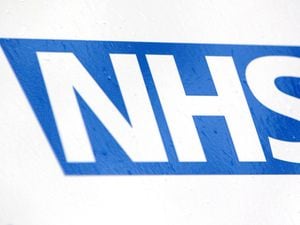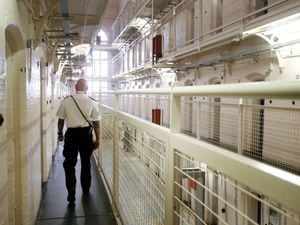Tribunal upholds £84 million fine for company that hiked drug prices
Liothyronine tablets are used to treat thyroid hormone deficiency.

The companies behind a drug whose price was hiked from £20 to £248 per pack in just eight years will be fined a combined £84 million after a tribunal upheld the competition watchdog’s decision.
The Competition Appeal Tribunal on Tuesday had endorsed “all the main elements” of the Competition and Markets Authority’s decision, the CMA said.
However it reduced the overall fine for the three businesses from around £101 million.
The CMA said that the price of a packet of liothyronine tablets had increased by more than 12-fold between 2009 and 2017.
The only supplier of the tablets, used to treat thyroid hormone deficiency, was Advanz.
Advanz is currently owned by Advanz Pharma, but previous owners Cinven and HgCapital also share in the fine.
Advanz Pharma will pay £40.9 million, Cinven £37.1 million and Hg £6.2 million, the tribunal decided.
Cinven declined to comment, Advanz Pharma and Hg have been contacted.
CMA executive director of enforcement Michael Grenfell said: “We are delighted that the Competition Appeal Tribunal has unanimously upheld the CMA’s infringement findings.
“Today’s landmark judgment reinforces the need for companies to think carefully about how they set prices and paves the way for the NHS to seek compensation.
“The CMA will continue to crack down on companies which abuse their market power in ways that harm people and the wider economy.”
The CMA said that its finding that Advanz abused its dominant position had been upheld by the tribunal.
It had charged “excessive and unfair prices,” the CMA said.
“In particular, the Tribunal found that the price increases were part of a deliberate strategy to exploit the lack of regulatory or competitive constraints and resulted in a significant impact on the NHS.
“The Tribunal dismissed all of the appellants’ grounds of appeal on liability.
“NHS annual spending on the tablets in 2006, the year before the implementation of the strategy, was £600,000, but by 2009 had increased to more than £2.3 million and jumped to more than £30 million by 2016.”





